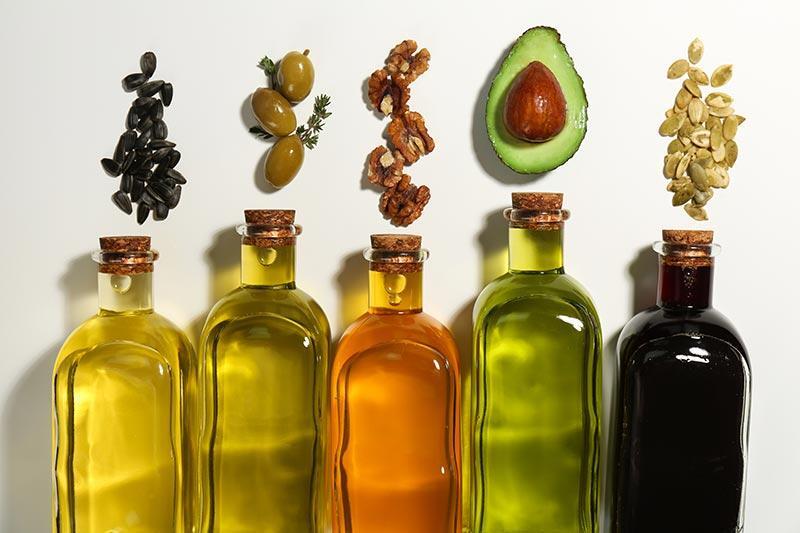
Are Seed Oils Really Bad for Your Heart?
The debate surrounding seed oils, such as sunflower and canola, has been ongoing for years. Are they as harmful as claimed, or are they a safe and healthy alternative to butter and animal fats? In this article, we’ll delve into the facts and separate myth from reality.
For years, seed oils have been touted as the villain of the culinary world. Many health experts and enthusiasts have warned against using them, citing concerns over their potential impact on heart health. However, recent studies and research suggest that these oils may not be as bad as we thought.
The Origins of the Concerns
The concerns surrounding seed oils date back to the 1970s, when a scientist named Mary Enig published a paper linking seed oils to heart disease. Enig’s research suggested that the high levels of omega-6 fatty acids found in these oils could lead to inflammation and increased risk of heart disease.
However, Enig’s findings have been largely discredited by other scientists and experts. In reality, the omega-6 fatty acids found in seed oils are not inherently bad for our health. In fact, they’re an essential part of a balanced diet.
The Benefits of Seed Oils
Numerous studies have demonstrated that replacing butter or animal fats with seed oils can have a positive impact on heart health. For example, a study published in the Journal of the American College of Cardiology found that replacing saturated fats with polyunsaturated fats, like those found in seed oils, could lower LDL (bad) cholesterol and reduce the risk of heart disease.
Another study published in the Journal of Nutrition found that sunflower oil, in particular, was effective in reducing inflammation and improving cardiovascular health.
The Real Issue: Processed Foods
So, what’s the real culprit behind the negative impact on heart health? It’s not the seed oils themselves, but rather the processed and repeatedly fried foods that often contain them.
When seed oils are used in cooking, they’re typically not the problem. The issue arises when these oils are used as a base for processed foods, such as margarines and snack foods. These foods often contain added preservatives, flavor enhancers, and other unhealthy ingredients that can increase inflammation and negate the benefits of the seed oils.
The Verdict: Seed Oils are Safe
In conclusion, seed oils like sunflower and canola are not as harmful as claimed. In fact, they can be a healthy and safe alternative to butter and animal fats when used in everyday cooking.
Rather than demonizing seed oils, we should focus on the real issue: processed and repeatedly fried foods. By choosing whole, unprocessed foods and using seed oils in moderation, we can enjoy the benefits of a balanced diet and reduce our risk of heart disease.
Sources:
https://thepfc.club/blogs/news/are-seed-oils-really-bad-for-your-health
Note: The article is based on the research and studies provided in the news link. The news source is The PFC Club, a reputable online publication that focuses on health and nutrition.






